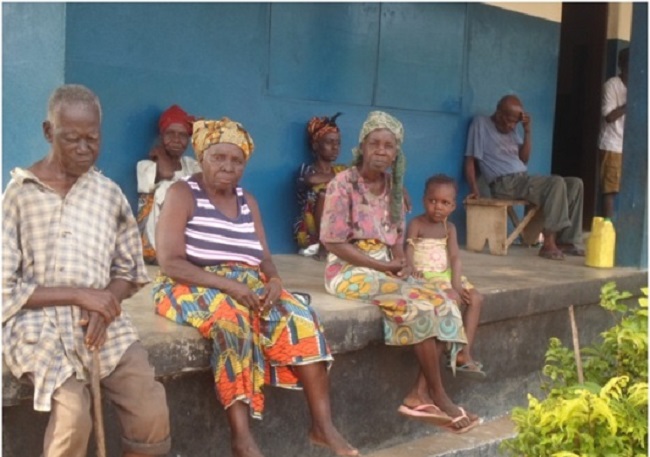Africa adopts protocol for rights of older people

Liberia and other African countries have adopted a protocol to protect the rights and improve the quality of life of the over 30 million older people living on the African continent.
The Liberian Government joined other African governments to adopt the Protocol for the Rights of Older People in Africa during the recent 26th African Union Summit held in Addis Ababa, Ethiopia, and attended by African Heads of State, including Liberia’s President Ellen Johnson Sirleaf. The summit held under the theme: 2016: “African Year of Human Rights,” took place from January 21- 31, 2016.
Although the news of the adoption has been greeted with elation by advocacy groups for older people in Africa, including the Coalition of Caregivers and Advocates for the Elderly in Liberia(COCAEL), there is still more work to be done to ensure that the Protocol becomes a legal instrument for implementation by governments and civil society groups.
Prior to the Summit, COCAEL was among several advocacy groups that signed a position statement sent to Heads of African States urging them to sign the protocol during the summit.
A communication from Helpage International to Sam Togba Slewion, Consultant of COCAEL, noted that while the adoption is a welcome development, “we are looking forward to working with advocacy groups again in the next step of mobilizing the member states to ratify the Protocol.”
Helpage International is the international advocacy group leading the campaign for the creation of international instruments for the protection of the rights of older people globally, including a UN Convention for Rights of Older People and African Protocol for the Rights of Older People.
According to the Helpage International communication, it will require at least 15 member states of the African Union to ratify the protocol in order for it to become a legal document with mandate on African governments for implementation.
“This means we the members of COCAEL and other civil society groups in Liberia now have to engage the relevant structures of the Liberian government to ratify the Protocol as a manifestation of our government commitment to protecting the rights of the older people in Liberia and improving their quality of life, “Mr. Slewion quipped.
Mr. Slewion emphasized that the Liberian government has a moral obligation to ratify the Protocol to ensure that it translates into a social policy for improvement of the lives of the over 170,000 older people in Liberia consistent with the UN Sustainable Development Goals(SDGs) adopted recently by member’s countries of the UN, including Liberia.
“Unlike the Millennium Developmental Goals (MDGS) the SDGs specifically mentioned the aging as part of the 17 SDGs that governments must strive to accomplish to alleviate poverty and human suffering of all social groups, including the elderly, in their respective countries,” Mr. Slewion noted.
Photo: frontpageafricaonline.com

